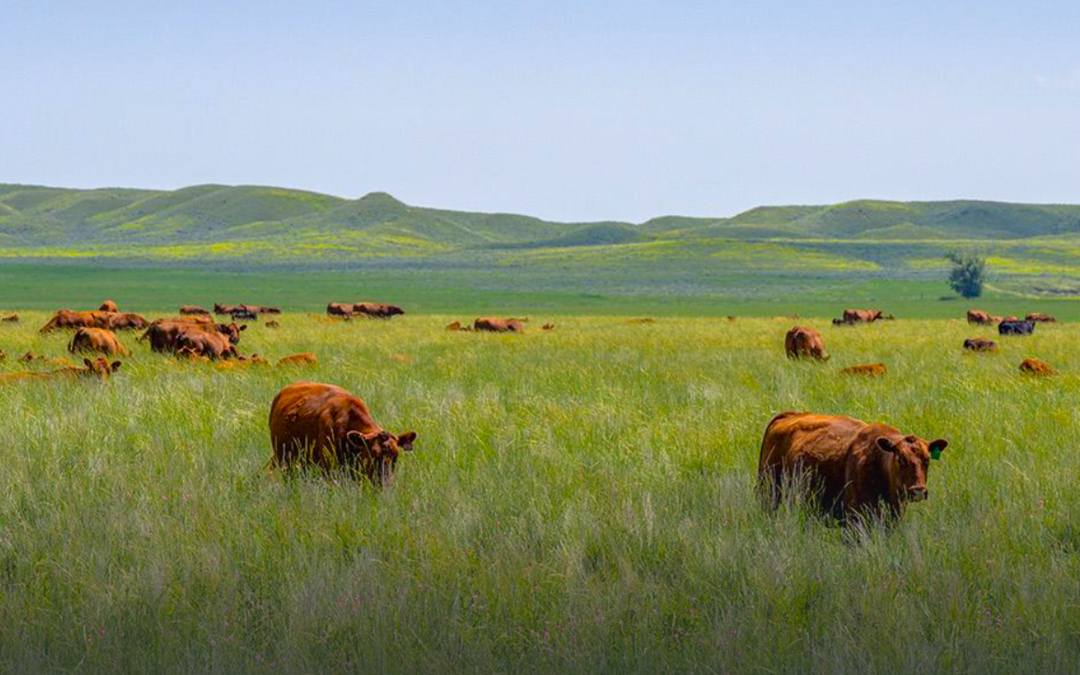McDonald’s USA Pledges $200M to Boost Regenerative Farming Practices
McDonald’s launches its biggest regenerative agriculture initiative to support ranchers and protect US grasslands.
McDonald’s USA said on Monday it will invest more than $200 million in regenerative agriculture, its largest-ever commitment, through a new partnership with the National Fish and Wildlife Foundation.
The seven-year initiative, called the Grassland Resilience and Conservation Initiative, will target ranches spanning as many as 38 U.S. states. It is designed to promote regenerative grazing principles, habitat restoration, water and wildlife conservation and improved soil health.
The program will cover 4 million acres of ranch land, a scale that McDonald’s said could strengthen the long-term sustainability of the U.S. beef industry. Beef has been central to the company’s menu and identity since its first restaurant opened 70 years ago.
Rancher Incentives and Tools
McDonald’s said participating ranchers will receive technical support, tools, and financial incentives to improve land management. The company expects those payments to enhance ranch profitability while also boosting resilience in its beef supply chain.
Suppliers, including Cargill, Golden State Foods, Lopez Foods, OSI, and The Coca-Cola Co., will also contribute to NFWF, which will oversee the program’s competitive grant process.
“As a brand that serves more than 90 percent of Americans every year, we recognize the responsibility we have to help safeguard our food systems for long-term vitality,” said Cesar Piña, McDonald’s senior vice president and chief supply chain officer for North America, in a statement.
He added that the program highlights the importance of partnerships between the private sector and government agencies in addressing environmental challenges while meeting the needs of a growing population.
Conservation Goals
NFWF, created by Congress in 1984, is the country’s largest conservation foundation. It will award grants to organizations that help ranchers adopt regenerative grazing and conservation practices.
The group will identify landscape-scale projects designed to deliver the greatest benefits to both wildlife and the productivity of U.S. ranch lands.
“The benefits of grassland conservation are far-reaching,” said Jeff Trandahl, NFWF’s chief executive. “When cattle are managed to optimize ecological and economic values, the land holds more water, grows better grass and supports more wildlife.”
Trandahl added that voluntary conservation practices can also improve ranch profitability and strengthen rural communities.
The first round of grant awards is expected in January 2026.
Independent Monitoring
McDonald’s said Kateri and Carbon Yield will independently measure progress, including improvements to soil health across participating ranches.
The initiative builds on ranch-level best practices already in place. McDonald’s said it will give producers new pathways to accelerate regenerative grazing while maintaining their role as stewards of the land.
Also Read:
PepsiCo Expands Regenerative Agriculture to 3.5M Acres in 2024
Nirmal Menon
Related posts

Subscribe
Error: Contact form not found.


